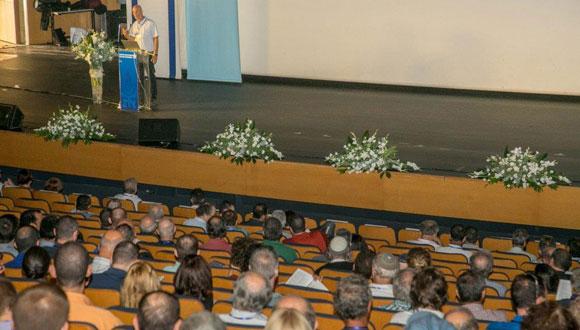Physics Colloquium: Tycho Brahe: an Intriguing Figure in the Astronomical Revolution of the 17th Century
Prof. Leo Corry, TAU
Join us for a special end-of-semester colloquium by master storyteller Prof. Leo Corry:
Abstract:
In many accounts of the scientific revolution of the seventeenth century and in the transition from a geocentric to a heliocentric conception of the universe, the Danish astronomer Tycho Brahe (1546 - 1601) is typically presented as secondary to the great canonical heroes such as Copernicus, Galileo or Newton. Often, he is praised above all for having collected the observational data that served Kepler in formulating his kinematic laws of motion of the planets, and in particular for the ground-braking insight that Mars moves along an elliptic path. At the same time, Tycho has been disdainfully treated for having refused to adopt wholeheartedly Copernicus' new heliocentric system. In my talk I will discuss the complex scientific personality and the achievements of Tycho Brahe, while stressing some points that are relevant to any discussion about the historical development of science in any period of time: the role of observation vs. the role of theory, the difficulty of abandoning ideas that have successfully served the purposes of research, the creative role of the individual vs. the necessity and putative self-evidence of "scientific truths", the decisive role of accurate instruments and of supporting institutions of science, patronage of science and funding, the conflict or lack thereof between science and religion. All of this important topics surface in interesting ways in the story of Tycho Brahe, and I will try to touch briefly upon each of them.
Event Organizer: Dr. Iair Arcavi


